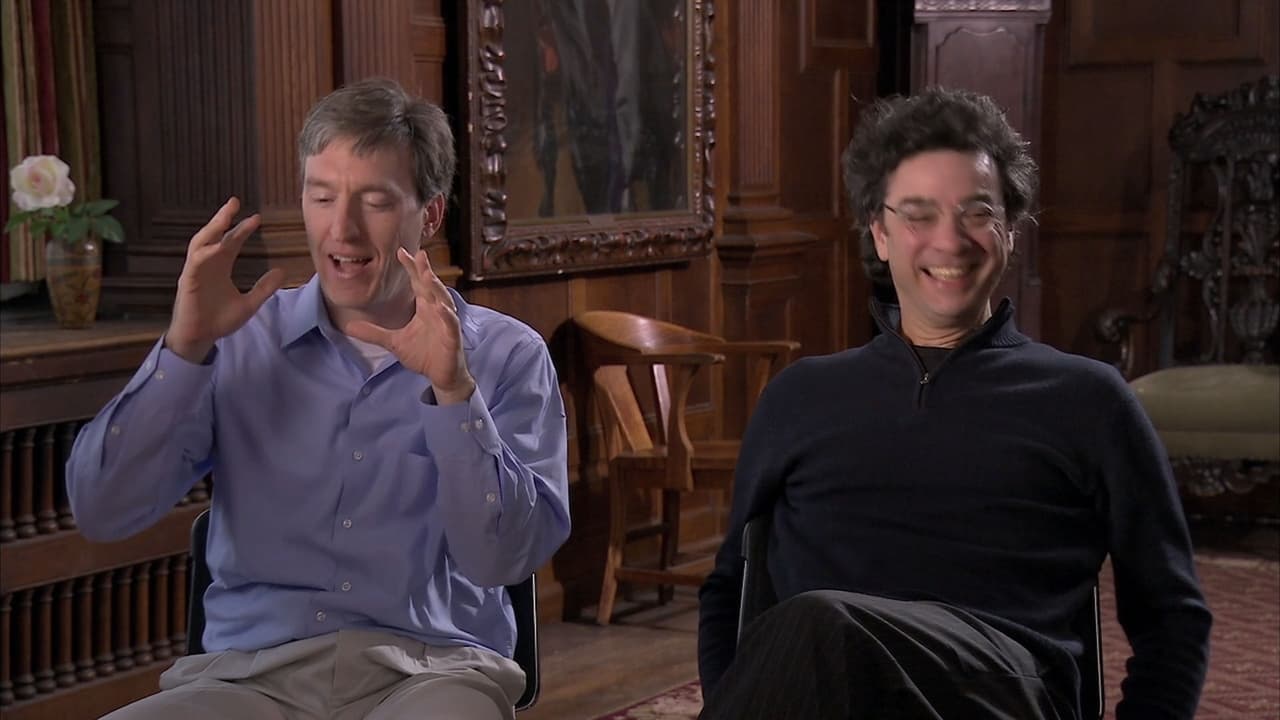

I went into this movie hoping to learn about economics. This movie taught me about incentives but it didn't do it well. It included many things that it did not need to. In the sumo wrestling part, I learned more about sumo wrestling than cheating.If you read this, you won't have to watch the movie: - African American names get called to job interviews 33% less than white names. Put some thought into naming your child because they will be judged by it.People will always cheat.There are patterns in cheating and given enough data, you will find that pattern to catch the cheater.In 1989, crime dropped in America by 50% because abortion was legalized in 1973. This made less unwanted babies get born. Unwanted babies are more likely to turn into criminals because of how they are raised.Incentives matter. Money is not always the best incentive and it won't always work if someone already has everything they want.
... View MoreA few of the issues addressed in the book are examined: cheating, paying students, crime.The crime segment was interesting as statistics were actually used. I didn't quite understand how the percentages were developed for why crime decreased. I do find it interesting that Roe v. Wade is used to explain the reduction of crime in the late 1980s.I guess I didn't quite follow the sumo controversy too carefully. That a match that doesn't much matter is "thrown" doesn't bother me. When an NFL team has secured a spot in the playoffs, it often doesn't play its stars in a meaningless end of season regular game. I liken the sumo situation to that.Freakonomics is thought provoking. For that, it is recommended. Treat yourself to an interesting flick.
... View MoreAs for the movie and book I thought they were both great. I would just like to add my own personal insight on the portion a out the sumo "cheaters.". I don't think they are cheaters at all. I think their behavior falls into a different category called self preservation. Just like any NFL team that has already sealed a playoff spot facing a team trying to make the post season. The better playoff team is not going to try as hard. i.e. not play all their starters or not play as aggressive. That team is not throwing the game in hopes of getting the favor returned. They are just just avoiding injury and resting up for a more important match. I imagine in japan as in America it's not a big secret that teams or wrestlers in these situations are expected to perform sub-par and the statistics showing this pattern would be accepted as normal.
... View MoreI never read the book, but know that it is very popular. The movie does a bad job at selling the book.Though, I would still be up for reading the book after having watched the movie. This is because the fault of the movie was only partially due to the content of the book. The movie tries to move along at quick pace at the beginning. It has a very catchy poppy kind of theme to it and talks about a real practical use of the study of economics.After those 5 minutes, things seem to go terribly south. We get this long and fact lacking piece about sumo wrestling. There is an interesting statistic at the beginning of the segment about how sumo wrestlers will lose matches when there is no real loss to them in order to get payback in the future. The rest of it is exposition about how all the super smart economists are using these fancy numbers and statistics to give very good proof that sumo wrestlers are cheating. I would have liked to hear more about these statistics and the reasoning behind why its very likely that we're cheating. This smug movie instead insults our intelligence and passes by this thinking that we would be too stupid to understand it. The narrator goes on about assassinations of whistle blowers... blala yada yada. I started to lose interest at this point.There was a part that had an interesting look at why abortion may be one of the key reasons of the drop in crime in the 90's. This really peaked my interest and some convincing figures where given. I liked this segment and am eager to read more about this.After that is a boring long Good Morning America-esque expose on paying kids to get better grades in school. The kids are annoying, the concept is annoying, the results are paltry, and it all seems pretty meaningless by the time you get to the end of it. This was the segment that really killed the movie. It felt like it went on for an hour, although I'm sure it didn't. This reality show garbage really shouldn't be in any kind of movie that calls itself a documentary.
... View More